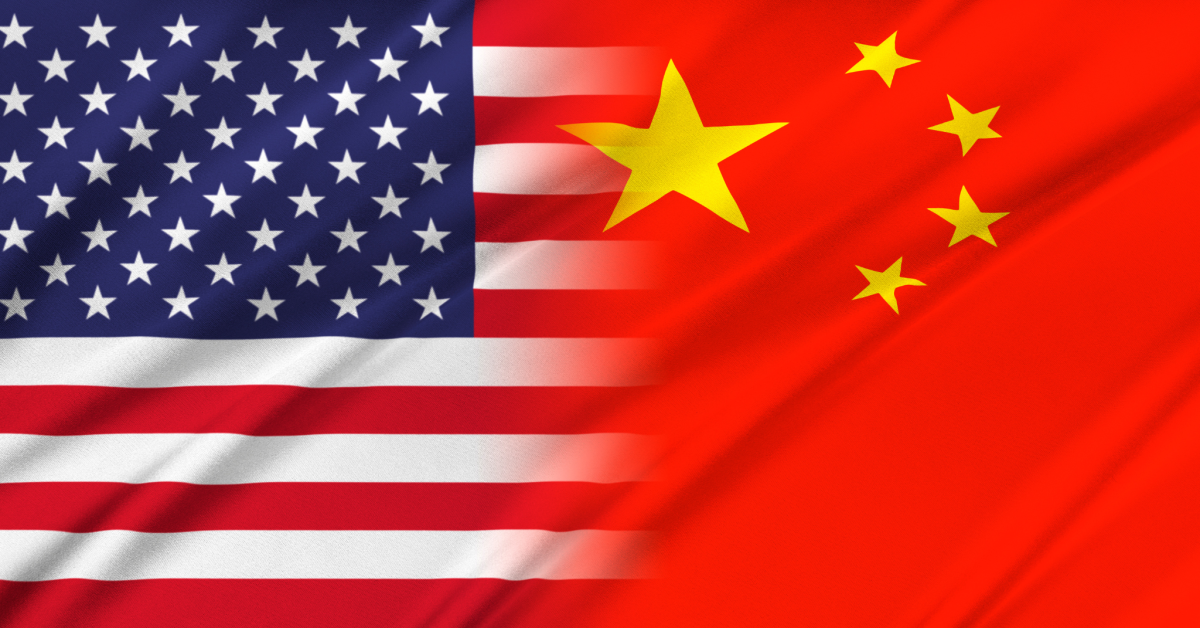China–US Relationship: Xi-Trump Summit Delivers a One-Year Time-Out
The October 2025 summit between Presidents Xi Jinping and Donald Trump marked a tentative easing in China–US tensions. The leaders agreed to a one-year pause on tariffs and export controls—a truce that brings short-term stability but does not resolve the underlying disputes. This temporary deal offers welcome relief to markets and businesses while injecting a dose of cautious optimism into bilateral relations.
The meeting also reinforced China’s expanding influence as a global diplomatic and economic power. By setting clearer expectations for both markets and policymakers, it signaled a shared interest in stability, even as both sides prepare for continued competition.
The truce lays limited but important groundwork for cooperation, keeping open the possibility of renewed escalation. The coming year offers a narrow window to advance meaningful progress and assess whether the two countries can turn this pause into a path toward more predictable engagement.
Both nations face significant pressing domestic priorities. China is expected to prioritize domestic economic stability over short-term reactions to US trade measures. The US, meanwhile, is focused on domestic manufacturing, US investment, and supply-chain security.
Success for multinational companies will depend on their ability to balance commercial ambitions with evolving national security priorities and navigate a shifting policy landscape shaped by economic nationalism on both sides of the Pacific. Businesses should adopt cautious optimism and strategic flexibility, diversifying supply chains, ensuring compliance, and enhancing risk preparedness through multi-level engagement and close monitoring of political signals. A more balanced corporate positioning will be essential to maintain a degree of political “social distance,” safeguarding business ambitions and resilience.
International trade partners should evaluate how political dynamics influence existing trade practices and ongoing trade negotiations, especially tariffs and export control measures.
For our full analysis on what this means for global supply chains, risk preparedness, and how companies can navigate a landscape defined by economic nationalism and evolving security priorities, please reach out to Cynthia Xing, Head of Edelman Public & Government Affairs, Greater China: Cynthia.Xing@Edelman.com or Matt Streit, Head of Edelman Public & Government Affairs, US: Matt.Streit@Edelman.com



